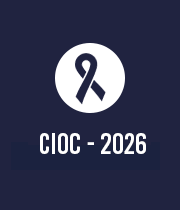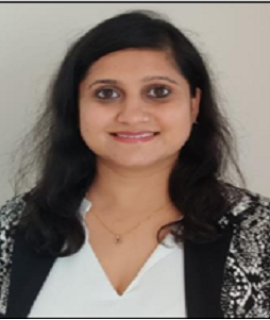Title : Targeting health disparities in oral cancer outcomes through technology in LMIC’s- A public health priority
Abstract:
Cancers of the lip, oral cavity, hypopharynx, oropharynx and larynx are known collectively as mouth and oral cancers. Of these, cancers of the lip and oral cavity are the most common, with more than 377,700 cases worldwide in 2020. (GLOBOCAN). In India, the common leading cancer sites are breast, lung, mouth, cervix uteri, and tongue. (NCRP 2020). Tobacco has been the prime cause of oral cancer, and is identified as a disparity with a strong relation to socio-economic status of an individual. Health disparities is defined as, “preventable differences in the burden of disease, injury, violence, or opportunities to achieve optimal health that are experienced by socially disadvantaged populations.” (CDC). Individuals of low-SE status experience disproportionate & unique social and environmental challenges that contributes to tobacco use like residence, occupation, education, levels of perceived stress, social discrimination etc., therefore making them more susceptible to develop oral cancer at some stage of their life. This high-risk population, also has poor access to screening for potentially malignant disorders, diagnosis and treatment. Together these factors, lead to delayed diagnosis with low survival outcomes & severe anatomical defects associated with poor physical & psychological quality of life. Studies have shown that there is enough awareness about destructive effects of tobacco use, however little is known about the early lesions, signs and symptoms, the impact of continued tobacco use (smoking & smokeless) during treatment of oral cancer. The NPCDCS program India, has revised guidelines with inclusion of screening for oral breast and cervical cancers but due to the paucity of trained health workers at the Health and Wellness centers, PHC & CHC levels, creates a major setback and is a hurdle for professional, accessible care to this segment of population. This leads to reluctancy in reporting, ultimately people reaching the hospitals to seek medical care in advanced stages. Newer technologies like AI, telemedicine, m-health, focused on evidence-based approaches around health promotion, communication, capacity building & standardized data collection can prove to be of great significance in addressing the above-mentioned disparities leading to systems strengthening in low resource settings.



